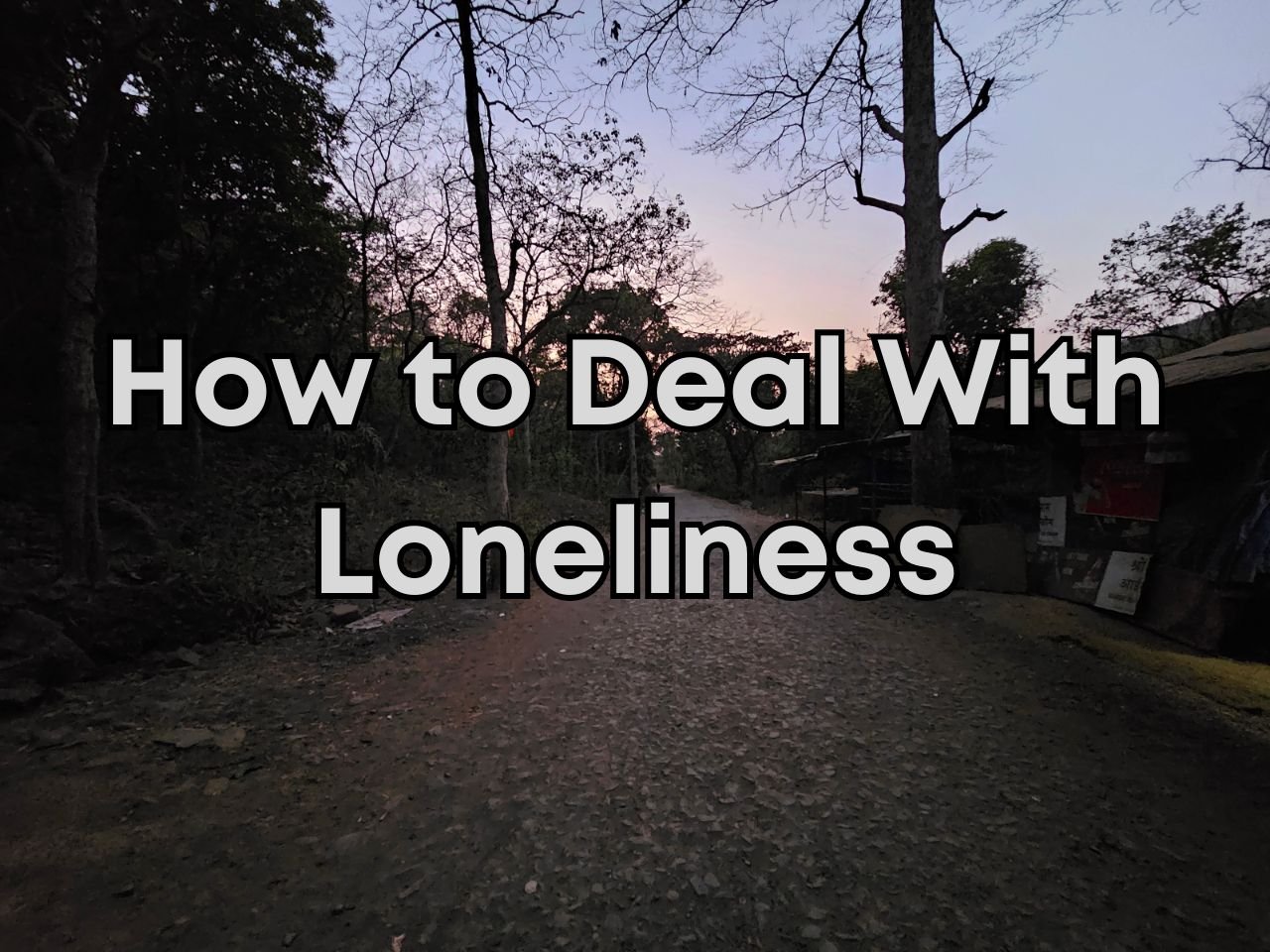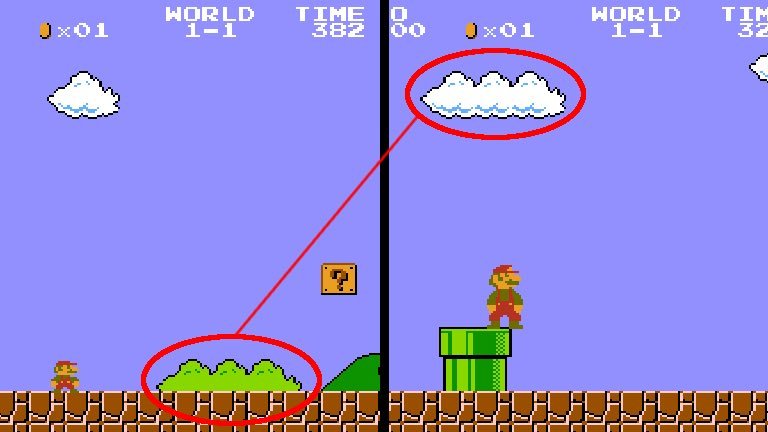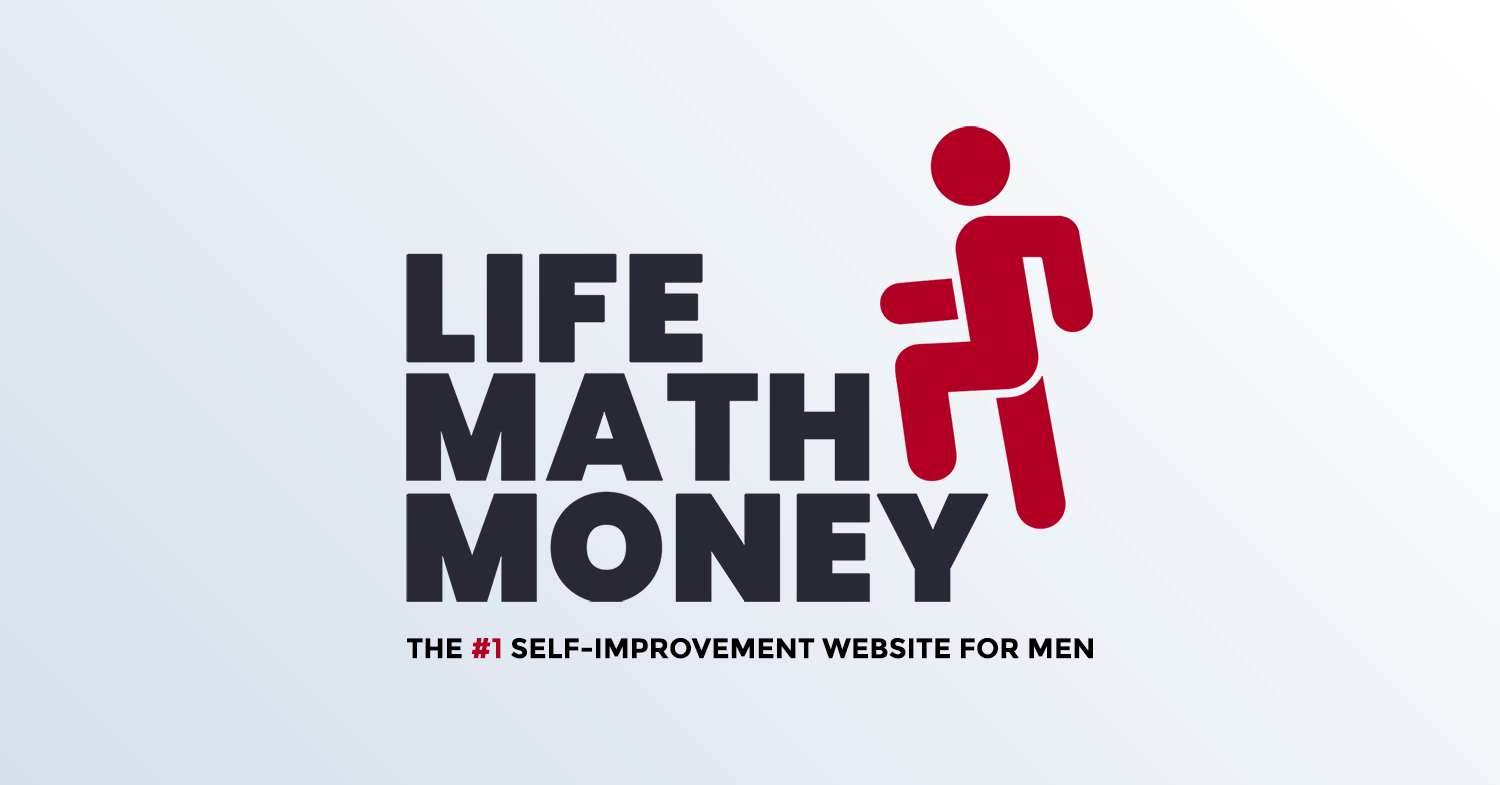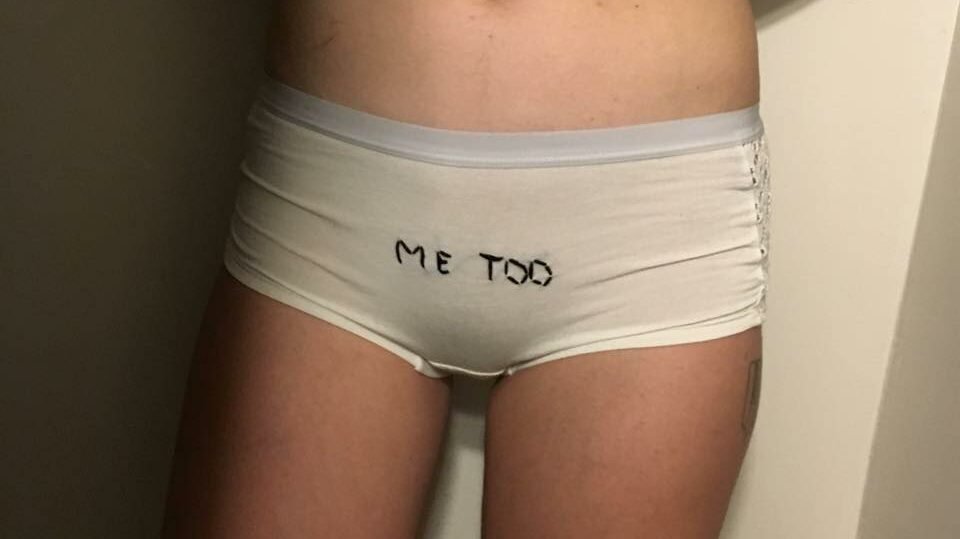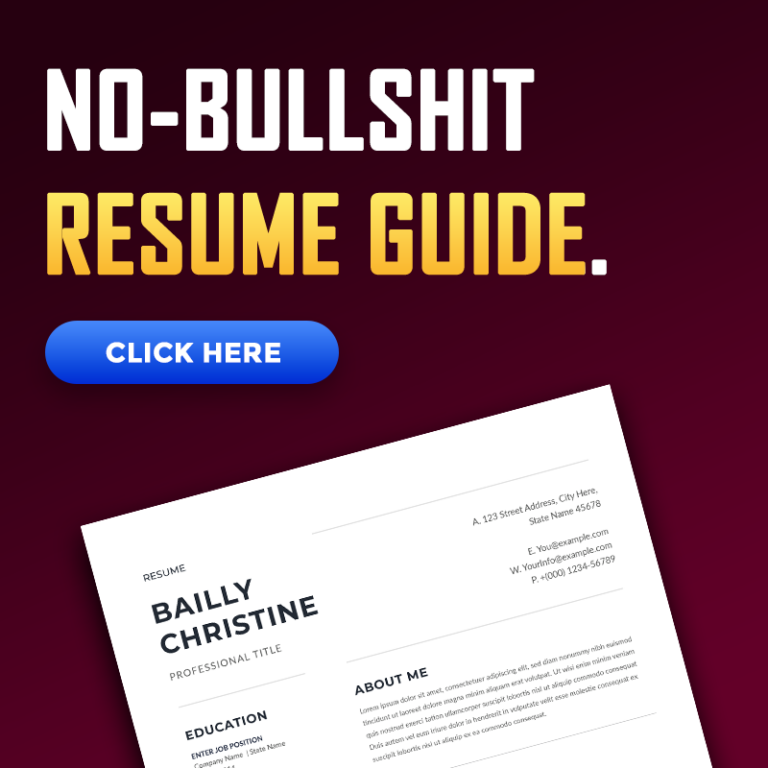After a previous post about getting a job if you keep getting rejected for not having enough experience, a lot of you reached out asking me to elaborate on the lying on your resume without getting caught section.
“Done-For-You” Recruiting is a service that my consulting firm provides and I have a lot of experience with hiring and looking at resumes.
We mostly did entry and mid level recruitment, not CXO level – but if you’re looking for info on how to lie on your resume safely, you’re probably not at CXO level. This article is for you.
How The Recruitment Process Works
- The company needs to hire someone for a position.
- The company reaches out to a recruitment firm (in this case – us) and tells us what they are looking for, what skills the candidate needs to have, how much they want to pay for the position, the location of the job, and nowadays – their office system (hybrid/work from home/full time in office).
- The recruiter will look through databases (like Naukri and LinkedIn) for relevant candidates and interview them.
- The recruiter will do some verification and if he likes the candidate, the resume is forwarded to the company.
- Typically the company is sent 5-10 candidates and the company will do their technical rounds to see if you’re the right fit for the job. Many large companies also run a background verification and some will do a police verification before they hire.
- If a candidate gets hired, the recruiter gets paid (usually 1-2 months worth of salary depending on how hard the talent is to find).
Some Important Things to Note
Most recruiters don’t know much about the actual job. If I have to find someone to manage a water purification plant – I know jack shit about the job.
I’m just looking for terms the company gave me in resumes. For example, I might search for terms like “SCADA”, “Water Samples”, “Waste Water”, “OSHA”, “Chlorine Residual”, “Water Treatment”, etc. In fact, I will probably look for all of them.
In most cases, unless you have relevant terms in your resume, you cannot get the job. I will simply not manage to find you in the database. The amount of resumes we get are insane. Think 1000+ resumes for one position. The only way to filter is to look for keywords – and this is especially true for technical jobs.
The recruiter wants you to get hired. I mean, I only get paid if you get hired. In some cases, I only get paid if you get hired and stick around for a minimum of a few months. I’m rooting for you and I hope you get the job so I can get paid. We are friends.
The recruiter does not have the time to scrutinize every detail. We are not CIA or RAW and our clients are not expecting us to scrutinize every little detail. Most of the time, we only check our last employer’s pay stubs and your educational credentials.
What Not to Do
Don’t fake educational credentials like certifications, degrees, etc. These are very easy to check and most employers check them. You are very likely to get caught.
Don’t make up skills that you don’t have at all and cannot discuss in an interview. For example, if you say you have dealt with OSHA guidelines before and I ask you about them – you should be able to answer it well. In general, for any exaggeration/lie you make – prepare to get grilled in the interview about it.
Don’t lie about your previous employer’s history. This includes a) don’t make up your immediate last employer and b) don’t stretch the time you were with them.
For example if you worked somewhere for 10 months, don’t make it 12 months in your resume. We are likely to call up your immediate previous employer and ask if you worked there.
Typically it’s the HR department where the person doesn’t know you and they’ll either say “Yes sir, this person worked with us from X date to Y date” or “No sir, we have no records of this person”.
Don’t give references. Unless you are asked for them, don’t give them. If you have to give them, have a friend call up the reference pretending to be an employer and see what he says. Co-workers are not your friends and often they will vouch against you.
This happens much more often than you think because no one likes getting lapped by someone who used to be their equal.
Don’t make up lies that are very easy to verify as false. If you don’t speak much French, you don’t want to say you are “proficient” in it. If you get asked a few questions in French and you start bumbling, the interview is over.
How to Lie On Your Resume Without Getting Caught
Add relevant skills to previous jobs (but actually get those skills). For example, if you’re interviewing for a job that involves web design – add that worked on web design projects in your resume’s work history section.
You are NOT looking for work at a 3 letter agency and no one is going to verify which projects you worked on. You can say things like “I conducted seminars on user interface design and increased user retention and time spent on app by 40%” and no one will verify it.
Just make sure to actually develop those skills (eg. do a course on web design) so you can interview well for it and don’t get fired within a month of joining.
Keyword stuff your resume. If you’ve done SEO, you know exactly what I mean. Your resume needs to have all the keywords a recruiter might look for to fill the position you want.
Remember, we get too many resumes and the only way we find yours is through software that searches for certain terms in your resume.
If you’re looking for a job in development, make sure you list all the stuff that a recruiter might search for eg. “developer”, “java”, etc.
Lie about your city. Look, if I want to hire someone in Mumbai, the first thing I will do is use the search software to exclude any resumes that don’t have the word “Mumbai” in it. This is because a lot of candidates are dumb and apply for any job they see online – inducing in cities where they don’t live.
Some web portals will take in your current city. If you live in city A but want to work in city B, say that you live in city B. Otherwise you will get filtered out and won’t get any calls.
Play with role names. You have to remember that the vast majority of the time, recruiters are not technical experts in the field they are recruiting in.
Many do not know the difference between “web designer” and “web developer” and things like that.
If you are applying for the position of a web developer, but your past role was web designer, just change that to web developer (assuming you know web development as well).
No one actually verifies what you did in your prior jobs. At most they verify that you worked at the company (and only large companies even bother to do that much).
If you must make up an employer, use a friend’s business (recommended) or a bankrupt business (not recommended). Let’s say you have a large employment gap that you want to cover up for whatever reason.
Like I said before, don’t extend the times at your previous employers or lie that you worked for a particular firm because I can just call them up, reach HR, and get a confirmation that you worked there or not.
Always use a friend’s firm (with his permission) so when someone calls to verify, your friend can say “yes he used to work here”.
If you don’t have any friends who have a business, then use a bankrupt business’s name. I don’t recommend doing this because most people are not savy enough to be able to bullshit through it at the interview and you still run the small risk of failing a background verification.
There’s also freak risks that come with making up outright lies. A friend of mine told me he interviewed someone that lied about working at Arthur Anderson. My friend knows it was a lie because he actually worked at Arthur Anderson in the same LOB (line of business) and had never heard of him or the names he mentioned.
The safest way is just to use a good friend’s business as your work history.
If you actually worked at a closed company, you can claim to be in a higher position than you were. If you worked as a customer service agent, you can say you were the floor head or unit manager. The magic of having worked at a closed businesses is that there is no one they can call to verify anything.
Unless it’s your immediate last job, 99% of employers will not even question it.
Be privacy conscious. Know the difference between lies and forgery. Let’s say you lie about working at a friend’s business and your new employer wants to verify that and asks for pay stubs. You arrange the piece of paper and give it to them. Some employers are very nosy and also start asking for things like bank statements.
You have to say no. Don’t push your luck. Just say that asking for personal financial details is an “invasion of privacy” and that they would feel the same way if you asked them to provide their bank statements to verify they actually work there.
Should You Apply if You Don’t Have Enough Experience?
This part doesn’t actually belong in this article but if you are looking for info on how to lie on your CV, you probably need to hear this:
JUST BECAUSE YOU DON’T HAVE ENOUGH EXPERIENCE DOES NOT MEAN THAT YOU SHOULDN’T APPLY FOR THE JOB.
You will be surprised how often companies say things like “5 years of experience with Python needed” but then actually hire someone who has only 1 or 2 or 3 years of experience with it.
Look – employers are just looking for someone who can the tasks they need done. X years of experience is just a proxy measure to get the most suited candidates.
Often (and by that I mean very often) they will find people who can do the task and then just hire them without caring about the requirements they posted.
Always let the company reject you. Never self-reject yourself by not even submitting your resume.
Just apply and you’ll be surprised to see how often you get good results just by taking more shots.
Is Lying On Your Resume Illegal?
Not really. Unethical maybe, but unless you’re forging documents – it’s not illegal.
You have to know that that being a goody two shoes does not play in your favor and many of these “ultra honest” people end up crying about things like “I sent my resume everywhere but can’t find a job”.
Companies lie about job descriptions all the time. They also lie when they say “we are all a family”. Companies lie all the time. Just play the game with them.
You are in a “free for all” world where the odds are not in your favor. For many technical jobs you literally have no options but to lie because if the relevant keywords don’t show up in your resume, we aren’t going to find you.
If you can actually do the job that they are looking for, then what’s on the resume doesn’t impact you much. It’s just a way to get your foot through the door.
Hope this helps.
Your man,
Harsh Strongman















